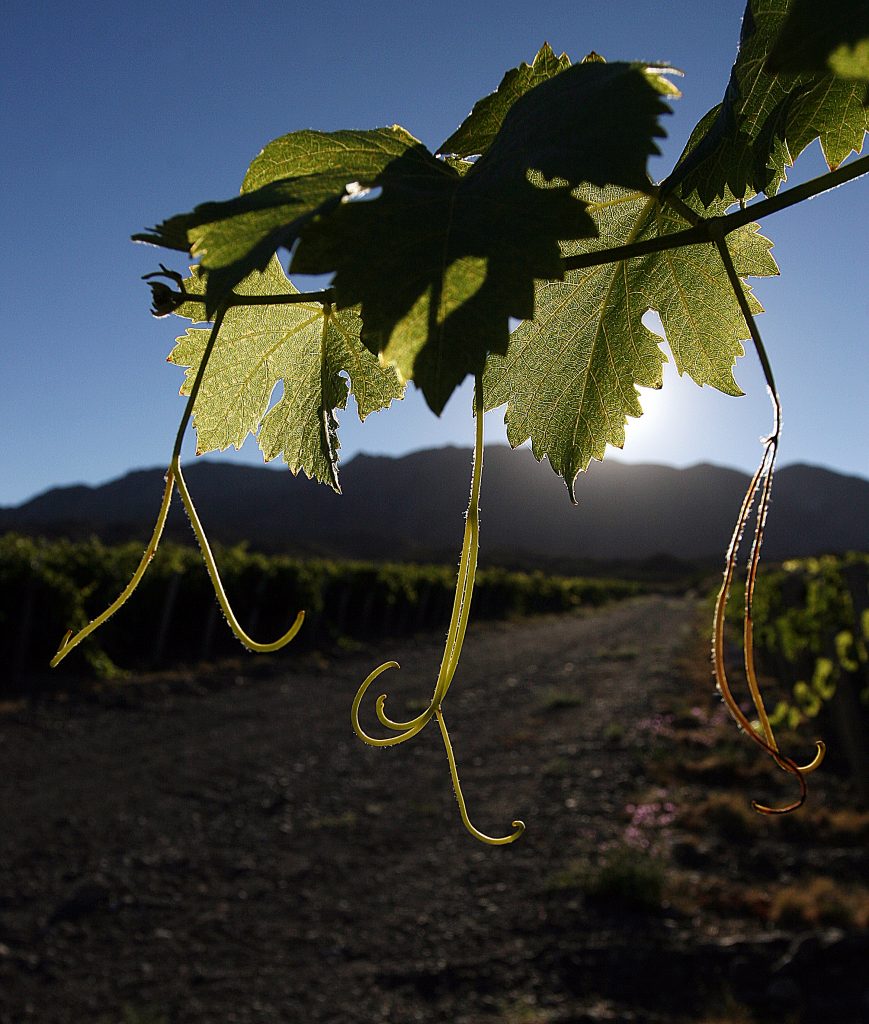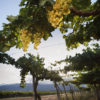The production of organic and biodynamic wines is a growing trend across the world. Every year there are more winemakers who choose environmentally friendly practices, and those in Argentina are no exception. It is a fact that reveals a commitment to nature and an awareness that exceeds the decision to leave the chemicals aside. From all these producers, it is common to hear that the search for the most natural expression of wine and terroir is the main reason.
In this sense, the number of winemakers making wine by adding little or no sulphites is on the rise. A challenge where the reward is a more natural wine.
A question of attitude
Many wine consumers struggle to understand why some producers risk making their wines without the addition of sulphites. After all, it protects the grapes from possible alterations and the wines from oxidation.
Those who defend this position insist on explaining that wine is a living thing and that sulphurous anhydride reduces the presence of yeasts and bacteria that allow it to express its nature. For this reason, they are looking for a way to do without it, to ensure fruits are free of any risk of diseases and thus avoid the use of agrochemicals or pesticides.
Matías Michelini, a producer of natural wines in Mendoza, states that “the use of chemicals in the vineyard modifies the aromas and flavours of the terroir. When you opt for a more natural handling, you get a more sincere expression with a much wider palette of aromas and flavours. But it´s not easy, it took me fifteen years to learn the techniques and know the natural chemistry of wine to be able to work without adding sulphites.” In 2018, Michelini has managed to produce six different sulphite-free labels, in what he considers is “a challenge in search of the best quality”.
Meanwhile, at Bodegas Krontiras, one of the pioneers of biodynamic vitiviniculture in Mendoza, Maricruz Antolin launched a wine that responds to this search for the expression of origin: “2017 was an ideal year, and we were encouraged to make a Malbec without sulphites. In this wine, we discovered aromas and flavours that we had never appreciated in the vineyard, and in addition it turned out to be an extremely stable wine from an analytical point of view”. For this reason, in 2018 they repeated and expanded the volume. “The key is to start from healthy and balanced grapes where the alcoholic potential are not too high and the pH levels are adequate.”
Juan Pelizatti, owner of Chakana, a well known winery of organic & biodynamic viticulture in Argentina says that: “working without sulphites is a gesture of freedom. Sulphur is an aggregate that harms wine, and for this reason its use should be only when necessary and not determined by protocols”. This year, Pelizatti added new biodynamic wines to its portfolio and assures us that they faced the last harvest without using sulphites, unless necessary.
Which sulphites-free wines does Argentina offer?
To the surprise of many, 2018 has been a year in which a large portion of winemakers have presented wines without added sulphites. Chacra Sin Azufre, is Piero Incissa´s personal project for his Patagonian winery which specialises in Pinot Noir. Amici Miei, a blend of Petit Verdot and Barbera, from bodega Stella Crinita, by Ernesto Catena, who has just launched two new varietals, a Petit Verdot and a Cabernet Franc.
Among the newest ones is a fresh and juicy Natural Malbec from Krontiras by Maricruz Antolin. Meanwhile, Chakana has presented Supernatural, an intense Tannat with high acidity that has been much talked about since its launch, and soon they plan to launch a sparkling Bonarda with second fermentation in the bottle from indigenous yeasts. Catena Zapata, meanwhile, has presented La Marchigiana Criolla Chica, an original wine without sulphites that also honours the strain that gave rise to Argentine vitiviniculture.
Along side these winemakers, Argentina shows that it always has something up its sleeve to surprise the most enthusiastic of consumers who pursue the labels that set the trends.



